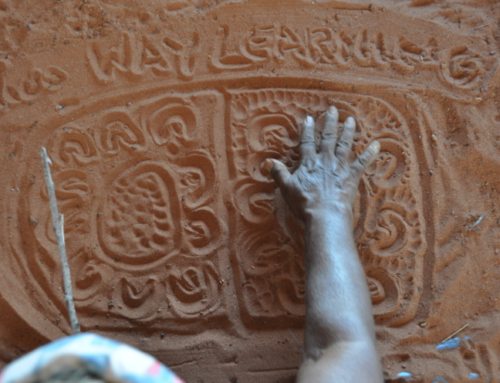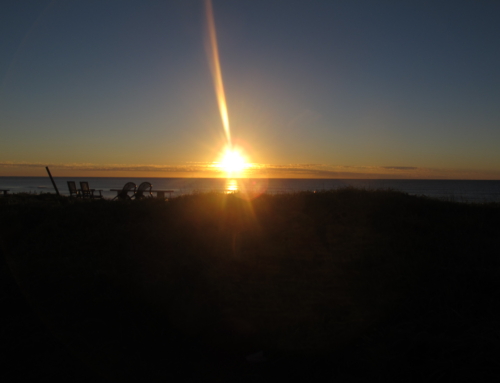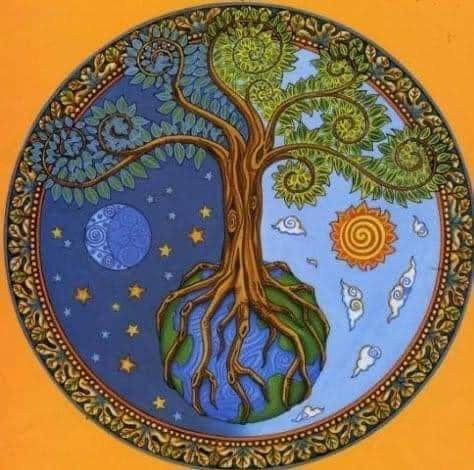
I’m nourished, intrigued and informed by my natural surroundings. I’m often aware there is such rich information available through the plants and other-than-humans around me that is urgently important knowledge for me as a human.
So today, March 21st, Equinox, is the first day of Autumn in the southern hemisphere. Our seasons are physically designated by our earth’s relationship to the sun, not the calendar.
Equinoxes define seasonal changes through planetary movement around the sun, today bringing spring in the northern hemisphere and autumn in the southern hemisphere, both have equal hours of day and night as the sun passes over the equator.
In Japan, Equinoxes are public holidays in honour of their importance!
‘So what??’ you might say.
We have lost something profound and essential to our species – instinct and attunement to our local ecological and astronomy changes.
Over generations of industrialisation, with its faster and faster pace, we have traded our instincts and slow observation for the Gregorian calendar and linear thinking- a gradual forgetting and dismissing of our ever changing relationship to the cosmos and the living world around us.
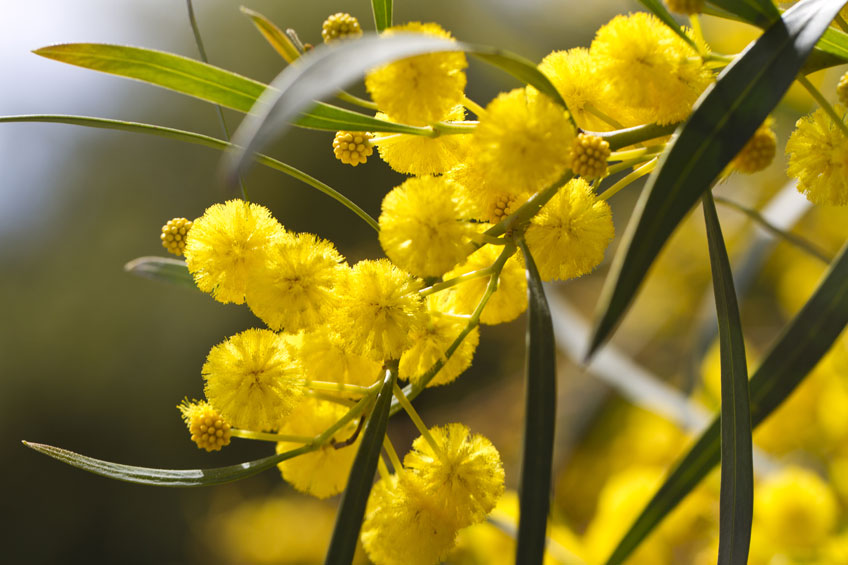
In aboriginal culture food gathering was traditionally organised according to season. Seasons were clearly marked by changes in flora and fauna. When a particular tree flowered it indicated that it was time to go and dig up crabs in another part of the country. That’s when they would be plentiful and that specific timely harvest would assure their regeneration for the following year’s harvest.
When another flower would bloom it would indicate dangerous stingers were in the sea, or it was time to go harvest seafood elsewhere. When the wattles bloom here in Northern Rivers region it’s indicative of humpback whales migrating past the coast.
When Scorpio is rising late in the night it’s time to harvest plants whose roots provide food or medicine. When the westerly winds begin we can count on cold dry weather. Then the ocean will be calmer for canoe fishing. When the Eastern Koel is singing his mating call he heralds the coming of summertime, and when he no longer can be heard autumn is close at hand.
Indigenous peoples worldwide have known and rely upon these natural signs and connections, immersed in a living calendar.
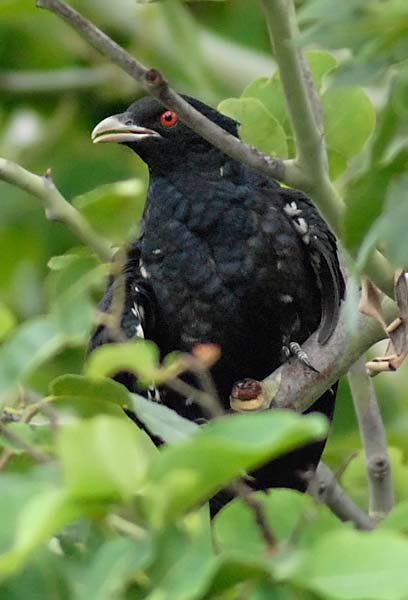
We can attune to seasonal changes by close observation of the plants and animals around us wherever we live. Observing the cycles of the birds, moon and our menstrual changes throughout the month, the blossoming, sprouting and seeding of plants, even small weeds if you live in the city!
We live within a highly organised, complex, multidimensional ecological system that sustains and affects us daily. Through observations and attunement we can begin to grow and hone our instincts, our natural animal instincts. As we slow down to recognise and be informed by the smell of a particular wind, or blossom, or weather change, we can cultivate our sensitivity, sharpen our senses, and be reminded that we are part of this extraordinary living planet.
And here we enter the terrain of Belonging. In a culture of people literally dying of loneliness, we can begin to build community through and with our natural environment. Stars become allies, the new moon becomes a reliable friend, we are motivated by and in sync with the subtle changes in our environment. We begin to recognise patterns, ours and others, and come to a larger, more miraculous understanding of where exactly we are and the spirit of place. We grow our own Belonging to place.




